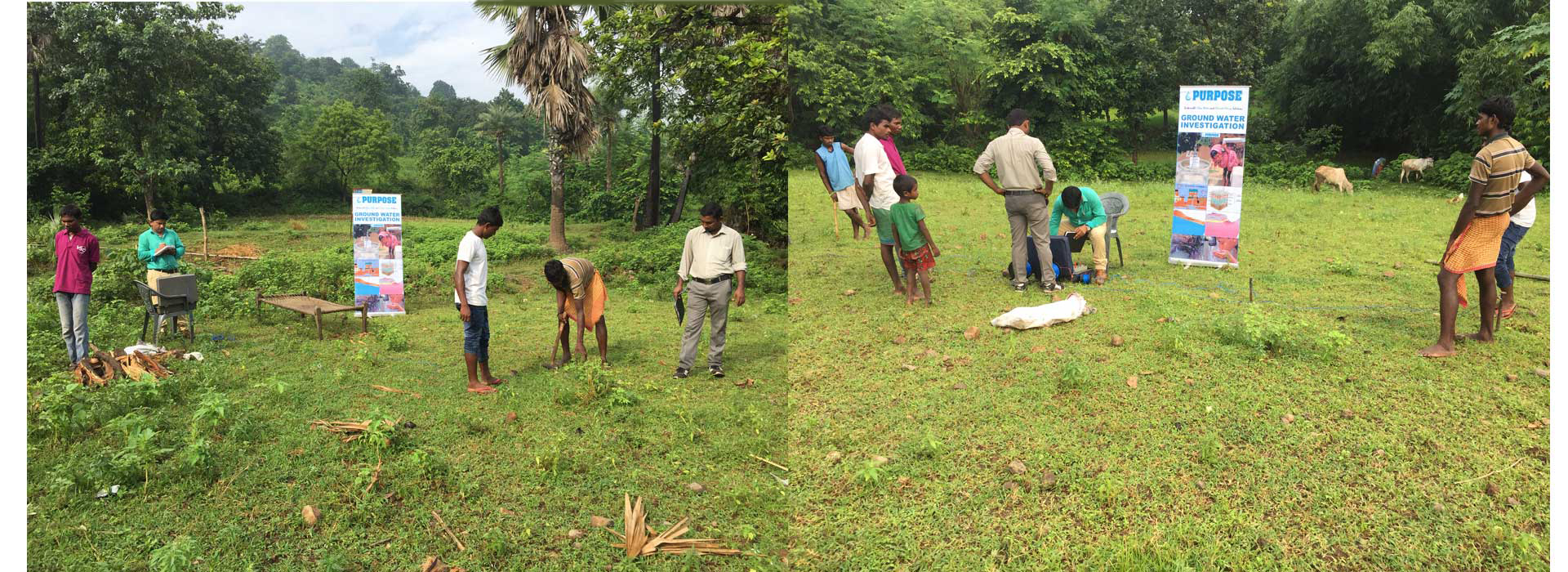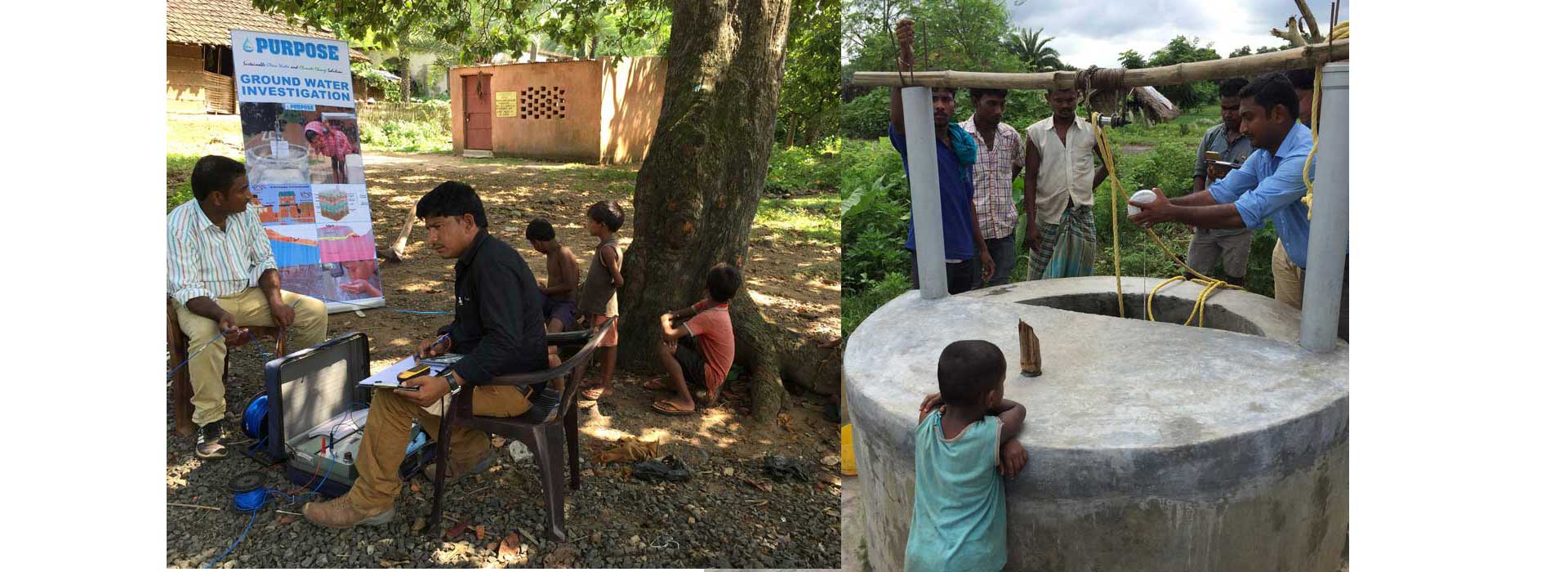Groundwater investigation is the process of studying and evaluating the characteristics, availability, and quality of groundwater resources in a particular area. It is a crucial step in water resource management, especially in regions heavily reliant on groundwater for drinking water, agricultural irrigation, and industrial purposes. Groundwater investigation involves various methods and techniques to assess the aquifer's properties and determine the potential for sustainable water supply. Here are the key steps and methods involved in groundwater investigation: Geological and Hydrogeological Survey: Conducting a geological and hydrogeological survey involves studying the geological formations and understanding the hydrogeological conditions of the area. This helps identify potential aquifers and their characteristics. Remote Sensing and GIS Analysis: Satellite imagery and geographic information system (GIS) analysis can help identify potential groundwater sources, areas with high recharge potential, and locations of existing wells and water bodies. Topographic and Geophysical Surveys: Topographic surveys help identify potential recharge areas and surface water flow patterns that can influence groundwater availability. Geophysical surveys, such as resistivity and seismic surveys, can provide information about subsurface structures and potential aquifer locations. Drilling and Test Wells: Drilling exploratory and test wells is a primary method to investigate the depth, thickness, and productivity of aquifers. Pumping tests are conducted to assess the aquifer's hydraulic properties, including transmissivity and storativity. Water Quality Analysis: Assessing groundwater quality is essential to determine its suitability for various uses. Water quality analysis includes testing for parameters like pH, dissolved oxygen, total dissolved solids, nitrates, heavy metals, and microbial contamination. Hydrological Modeling: Hydrological modeling helps predict groundwater flow patterns and estimate water availability under different scenarios, considering factors like recharge rates, evapotranspiration, and abstraction rates. Data Analysis and Interpretation: Collected data from various investigations are analyzed and interpreted to understand the aquifer's behavior, water availability, and potential yield. Groundwater Monitoring: Establishing a groundwater monitoring network is essential to continuously assess changes in water levels and quality over time, helping in sustainable management of the resource. Resource Assessment and Sustainability: Based on the investigation results, the available groundwater resources are assessed for sustainability and the potential for long-term use without depleting the aquifer. Groundwater Management Plan: A comprehensive groundwater management plan is developed based on the investigation findings, aiming to regulate and optimize groundwater use while protecting the resource for future generations. Groundwater investigation is a complex and iterative process that requires expertise from hydrogeologists, geologists, geophysicists, and water resource management specialists. It plays a critical role in ensuring the sustainable and responsible utilization of groundwater resources, especially in regions facing water scarcity challenges.

